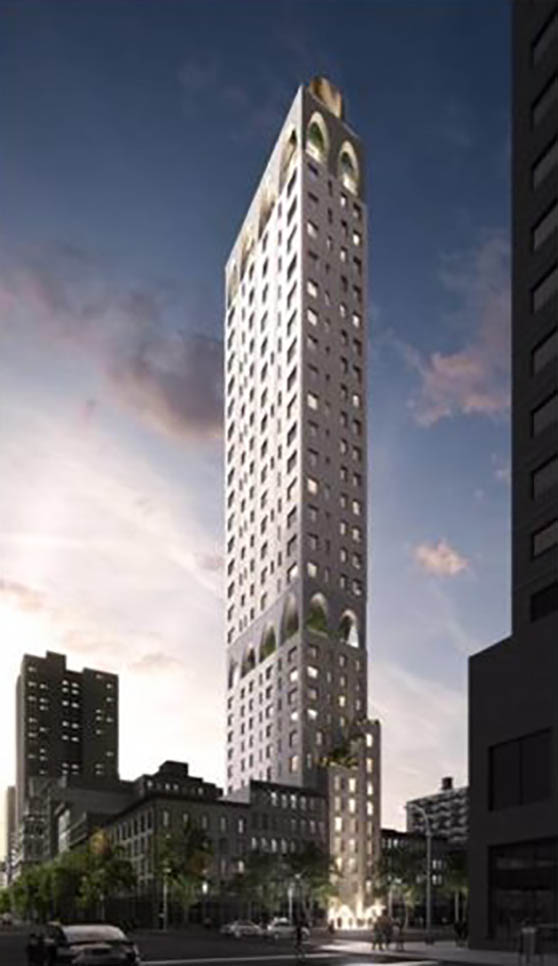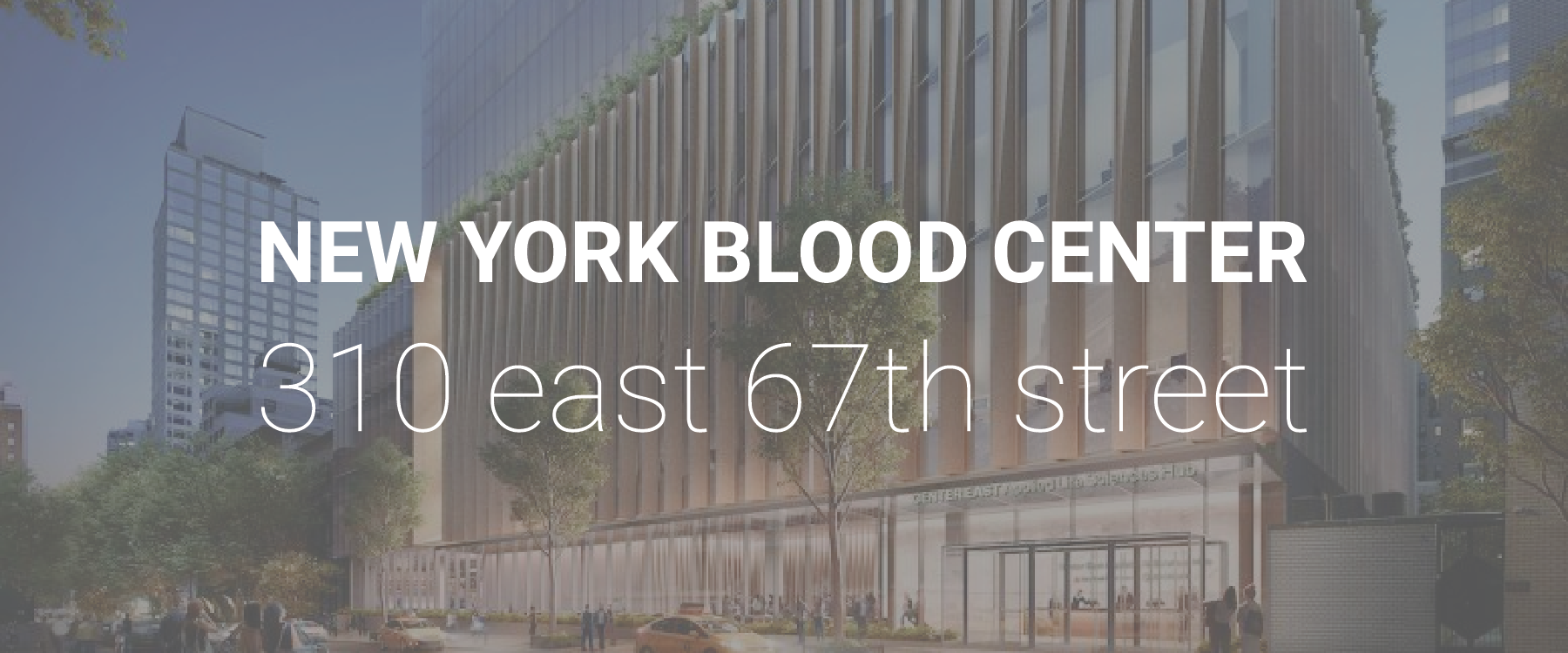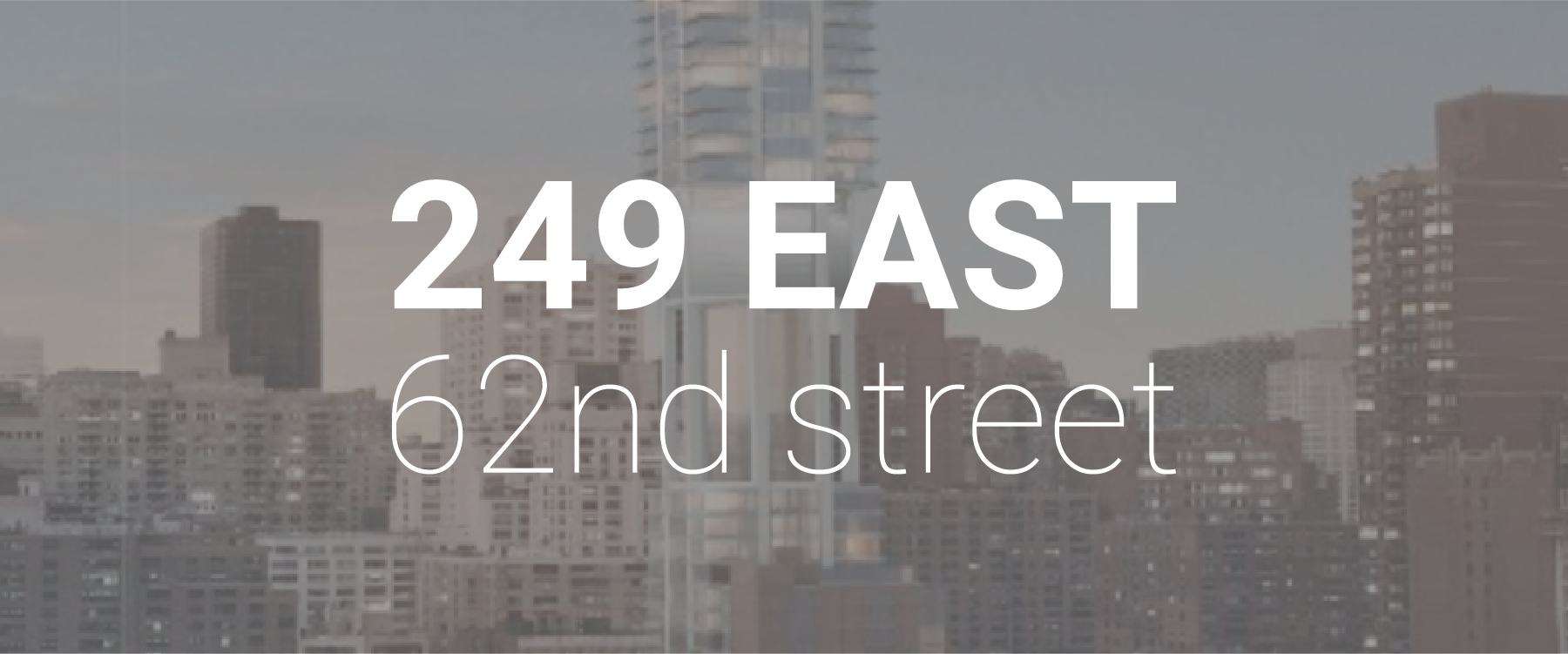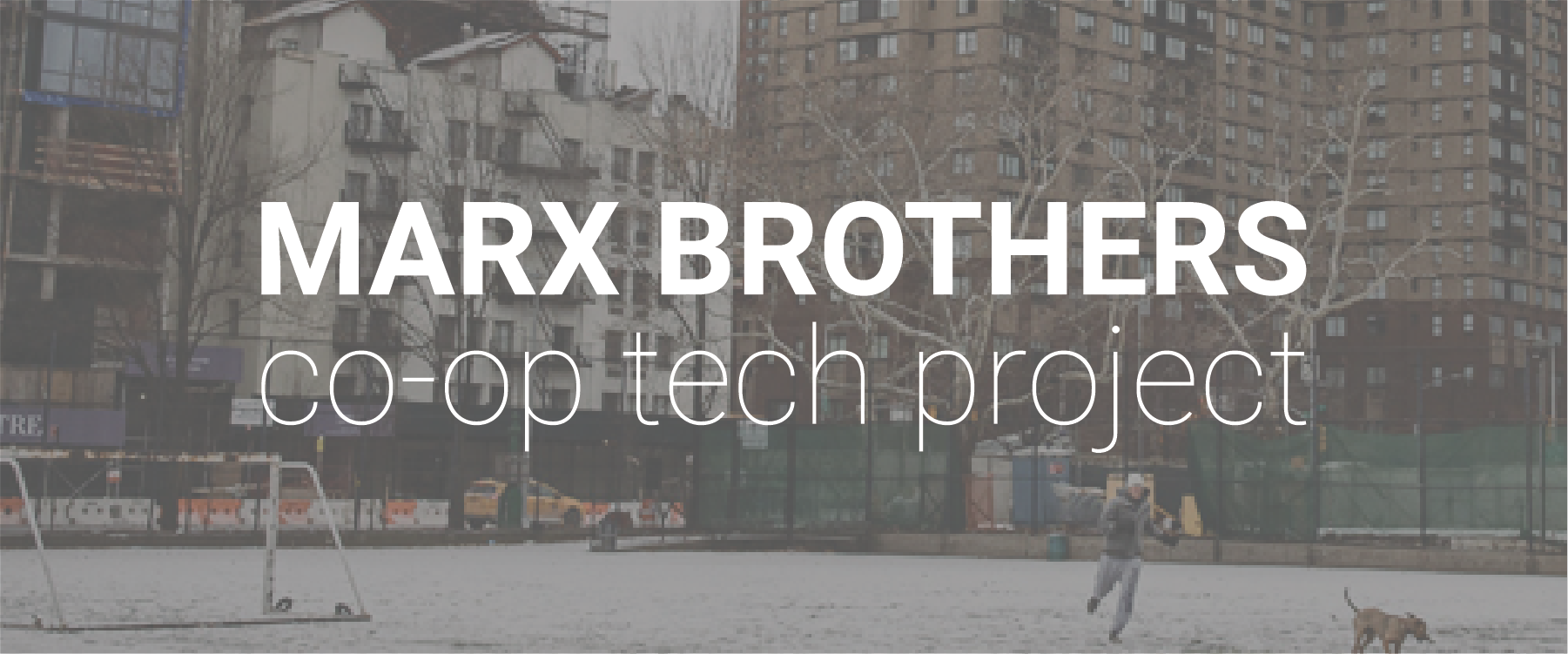Advocacy
Challenging Overdevelopment
Sound zoning and land use policies that encourage reasonable development are essential to the preservation of the architectural legacy, livability and sense of place of the Upper East Side.
In addition to advocating for sound zoning and land use policies that will encourage reasonable development, FRIENDS continues bring attention to its fight against out-of-scale developments that threaten neighborhood character and exploit loopholes and strategies never intended by the city’s Zoning Resolution through challenges to specific buildings and developments in our neighborhood.
Friends has been involved in several challenges to buildings either planned or under construction that have used these manipulations, which include gerrymandered zoning lots, enormous floor to floor heights, and vast intra-building voids that can be approved as mechanical spaces even though they are empty, and are only intended to raise a building’s height.
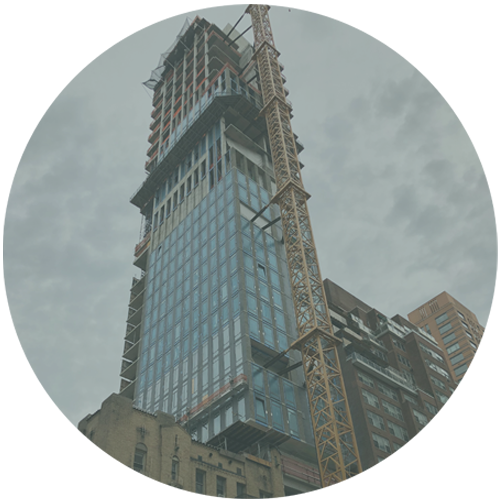
Recent Challenges
1059 Third Avenue
The nearly completed Manuel Glas design at 1059 Third Avenue first received its zoning approval in 2015. The DOB approved March 2019 zoning diagrams show errors that allow 1059 Third Avenue more floor area than permitted by zoning and allow the building to skirt the requirements of the tower-on-base form, which requires the tower portion to comply with specific tower coverage and floor area requirements that are not met here. Most troubling, the building is nearly 10,000 square feet too large for its zoning district. It accomplishes this through a combination of improper floor area deductions taken systematically in the most valuable tower floors, incorrect measurements of gross floor area on every floor over 18, and deductions to which this building is not entitled. Because of our advocacy, the developer was required to reduce the buildings’ floor area! However, the revised plans are not ideal: floor area was taken from the sides (instead of the top), by adding balconies and doubling the thickness of exterior walls.
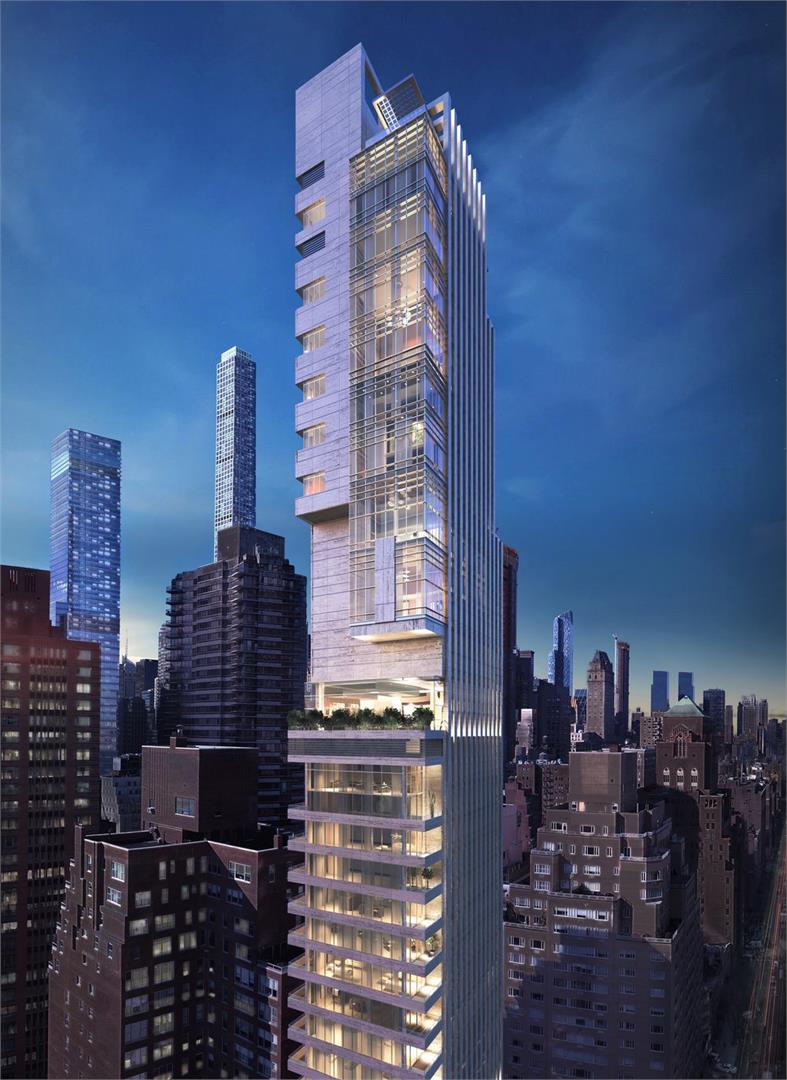
City and Suburban First Avenue Estate
FRIENDS has been fighting to save the City and Suburban Homes First Avenue Estate for decades. The First Avenue Estate is a full-block model tenement complex developed by the City and Suburban Homes Company, designed by architect James E. Ware & Sons, and built in 1898-1915. The designation of this complex as an Individual Landmark by the NYC Landmarks Preservation Commission has been vigorously opposed by its owner since its first designation in 1990. Since then, the owner of the complex, Stahl York Avenue, has tried multiple times to overturn the designation, and has challenged its status administratively as part of a hardship challenge to the LPC, and in Court. Most recently, NYS Court of Appeals denied Stahl’s motion for permission to further appeal the case. The very brief decision stated the appeal was dismissed upon the ground that no substantial constitutional question is directly involved. In October 2019, the U.S. Supreme Court denied Stahl an appeal for the second time, bringing this years-long fight to an end!
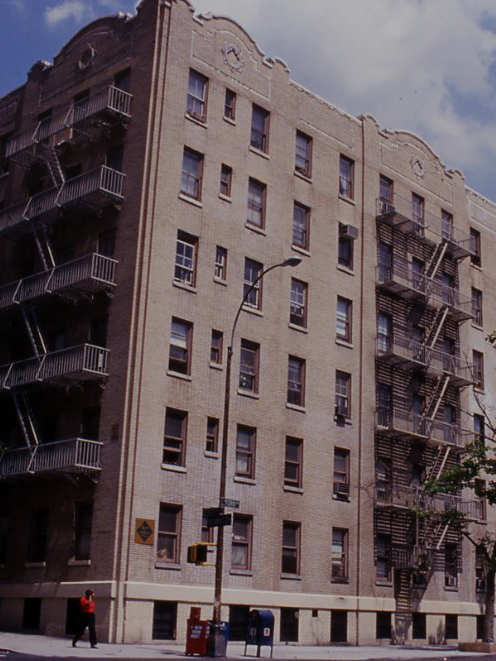
180 East 88th Street
At 180 East 88th Street (at the corner of Third Avenue), the developer has used 16-foot floor-to-floor heights for residential units and a 34 foot intra-building void to further boost the overall building height. However, most egregiously, the developer DDG has further skirted zoning regulations by annexing a small portion of the lot’s 88th street frontage into a separate, unbuildable micro-lot. This novel tactic sets a dangerous precedent for development in New York City, essentially laying the groundwork for circumvention of nearly any zoning regulation triggered by lot frontage through the creation of a micro-lot buffer. Although the Board of Standards and Appeals (BSA) upheld this tactic in response to FRIENDS legal and administrative challenge in December 2018, the BSA essentially referred the matter to the Department of City Planning (DCP), the agency responsible for crafting zoning regulations. In May 2019, following the adoption of the first phase of a Zoning Text Amendment to curtail the use of exempt mechanical void spaces, DCP committed to studying the impact of micro-lots on development in New York City and propose a solution by Fall 2019.
